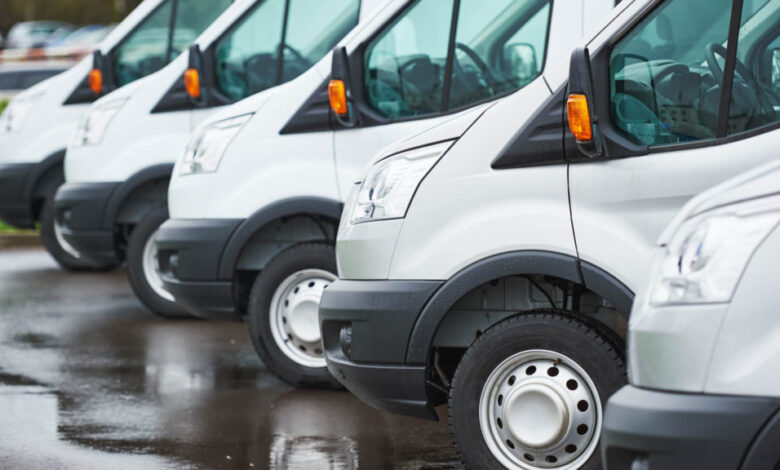Gap Insurance Explained: What You Need to Know

Gap insurance can be tricky to understand, in many cases. However, it’s also a hugely important insurance policy, potentially worth thousands if something should happen to your vehicle! Hence, there are several things you should know to help; fortunately, our friendly experts have outlined some of the main things you need to know about gap insurance as follows, including what it is, how it works, and why you might need it.
What is Gap Insurance?
First of all, we need to define what gap insurance is. Simply, it is a type of policy that’s designed to cover the difference between what your car is insured for and the value you still need to pay back or the value you’ve lost due to depreciation. Often, this is available for cars that are purchased on lease.
Of course, most of us hope we won’t ever need to use our gap insurance. This can depend on many factors, though, such as whether your car has been involved in previous accidents that might predispose it to getting written off. So, before you buy a new second-hand car, always try a car check first to ensure it’s not written off or likely to be damaged beyond repair with further use.
The best example of when this might apply is for cars that you have purchased on lease; in these cases, your insurance will likely pay out for the value of the car you own, but not the rest.
For example, if you purchased a £10,000 car on lease, but when it was written off or lost, the value was only £6,000 outright, your insurance likely won’t cover the extra £4,000. Thus, if the car is written off, you’d still need to pay the finance company the extra sum of money.
Of course, that’s a big sum of money to pay out, especially when you don’t have a usable car!
How Does Gap Insurance Work?
Gap insurance works to pay out the difference between what your main car insurance pays out and the total value of the car. This is most often used to cover car depreciation since the losses associated with depreciation can be incredibly costly.
In accordance with this, especially if you’ve purchased the car on finance (rather than outright), covering the difference between what the insurer will be willing to pay (which is usually based on the vehicle’s current market value) can be vital.
When Might You Need Gap Insurance?
There are several scenarios in which you might need gap insurance to cover your leased vehicle. These most commonly include theft or when the car has been written off (in other words, it’s been damaged beyond repair, usually in a severe crash). Fires may also be common reasons for a car to need gap insurance.
Final Thoughts
Knowing the different types of insurance policies and how these might relate to your needs can sometimes be tricky. However, this shouldn’t have to be the case, and today’s guide has outlined some of the key things you should know about gap insurance to help. Hopefully, this will allow you to see whether gap insurance might be the right policy for your needs.
